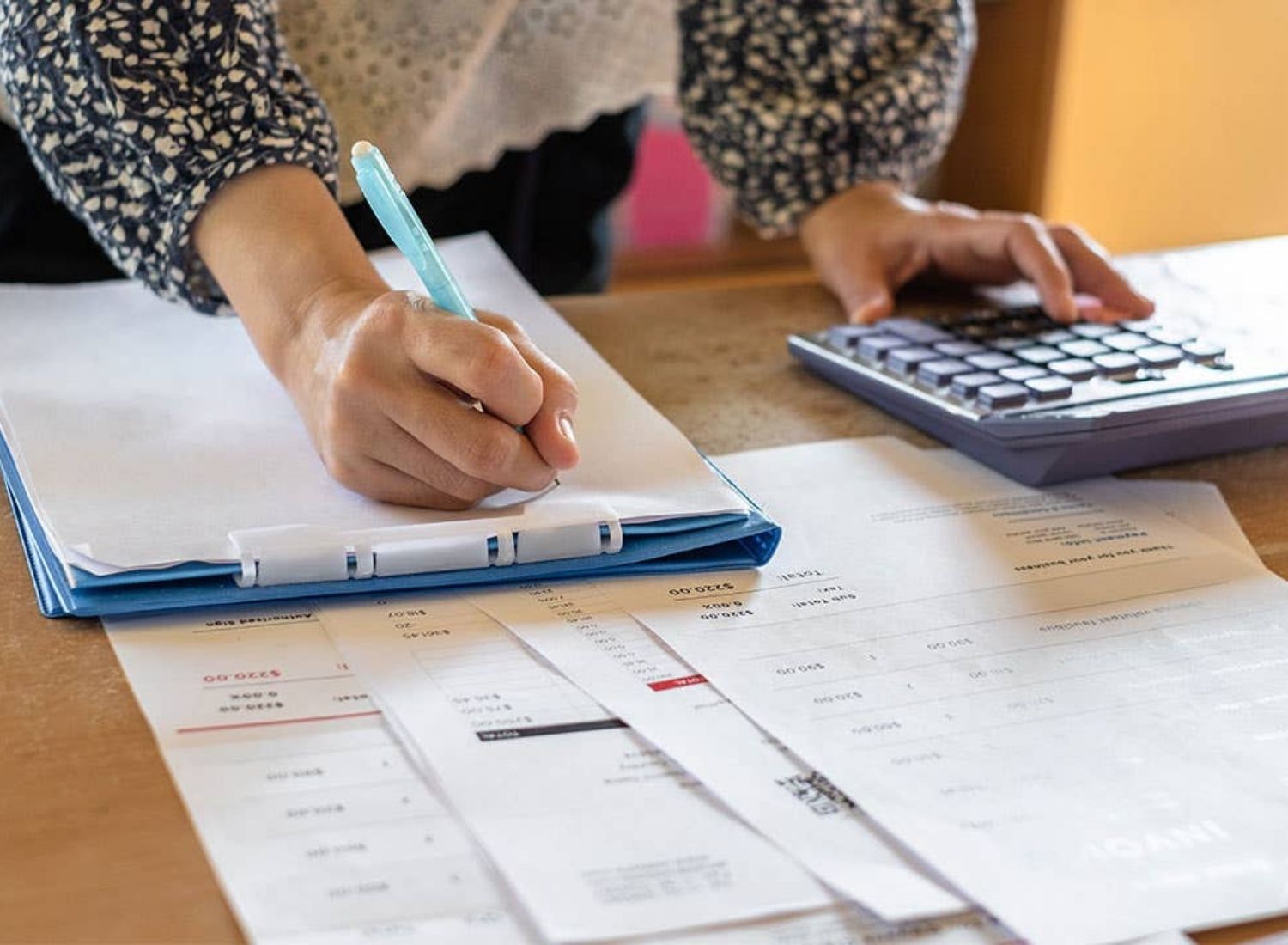The Right Way to Consolidate Consumer Debt

If you are struggling with consumer debt, you should check out the potential solutions that are available to you. One example would be bill consolidation, which simplifies bill paying and helps you save money. However, you should know that consumer debt consolidation is something that you can do on your own so long as you have both the time and the energy.
So, what is the right way to consolidate consumer debt?
Read on.
What Is Debt Consolidation?
For starters, if you aren’t familiar with bill consolidation, you should know that it is the practice of combining multiple debts into a single debt. It isn’t a magical solution for consumer debt because it comes with both pros and cons. Still, there can be no doubt about the fact that debt consolidation is a legitimate option.
To name a “pro,” debt consolidation always means easier-to-manage debt. After all, someone who uses this option will be dealing with a single debt with a single payment due date rather than multiple debts with multiple payment dates. This can be very useful, but this isn’t the real reason that you should consider debt consolidation. Instead, those would be other “pros” such as faster repayment, lower interest rates, and higher credit scores.
Perhaps unsurprisingly, the “cons” are connected to this. Fundamentally, you cannot expect debt consolidation to solve your financial problems on its own. If whatever put you in a bad financial position is still around, it can make your situation even worse through fees, higher interest rates, and lower credit scores. Instead, debt consolidation is something that people should seek when they are already in a position to start paying off their consumer debt.
What Should You Keep in Mind about Debt Consolidation?
Here are some of the most important things that you should keep in mind when it comes to debt consolidation:
There Are Several Financial Products That Can Be Used
There are a variety of financial products that can be used for debt consolidation. For example, you can take out a personal loan for the specific purpose of consolidating your consumer debt. Similarly, you can use a credit card to make payments as well as perform balance transfers. There is even the option of a cash-out refinancing for people who own their own homes. You can learn more about these at https://www.bills.com.
You Need a Good Credit Score to Get the Best Results
Whatever you choose to use in the end, you can’t expect to get the best results unless you have a good credit score. After all, you are going to be applying for a new financial product in a lot of cases, meaning that a good credit score will get you the lowest interest rates as well as the best lending terms.
If you can’t get a favourable financial product because you have a low credit score, you should wait until your score has recovered somewhat before thinking about consolidating your consumer debt once more. Otherwise, it is very much possible for people to start paying more after consolidating their consumer debt.
Beware of Limited Time Conditions
It is very common for the financial products used to consolidate consumer debt to come with limited time conditions. To name a particularly common example, a credit card might have either no interest or low interest for a limited time after it has been used to perform a balance transfer. If you are thinking about debt consolidation, you need to inform yourself about these limited time conditions.
Moreover, you need to be prepared to use them. This is because these limited time conditions are designed to make these financial products attractive for consolidating consumer debt, meaning that someone who uses them well can pay off their debt much faster than otherwise possible. By contrast, someone who lets these opportunities pass might wind up paying more.
Ultimately, the right way to consolidate consumer debt is the one above that best fits your particular circumstances. It’s wise to be honest with yourself and choose accordingly, as that’s where you best chance for success lies.



